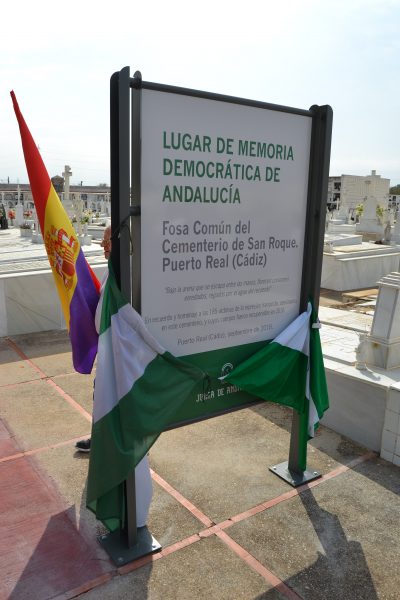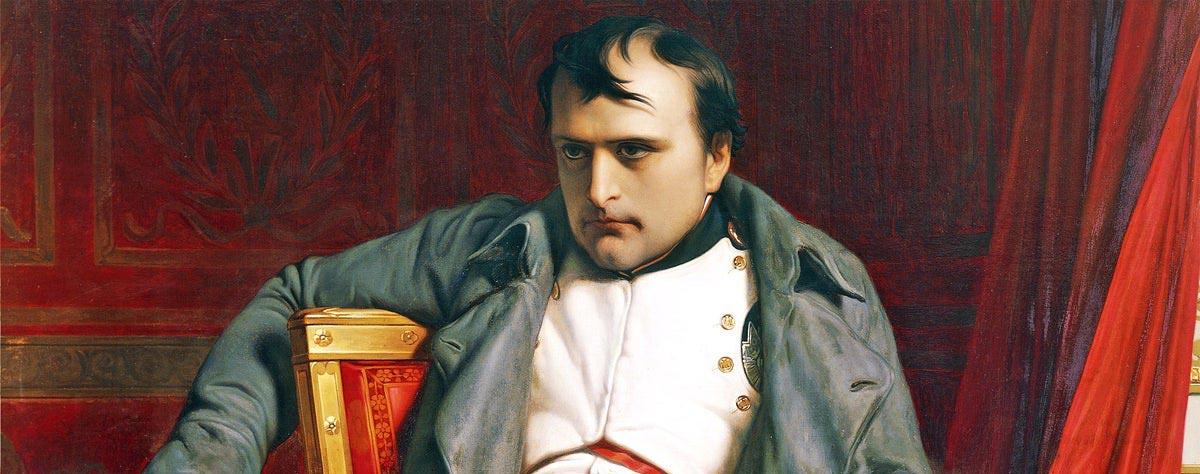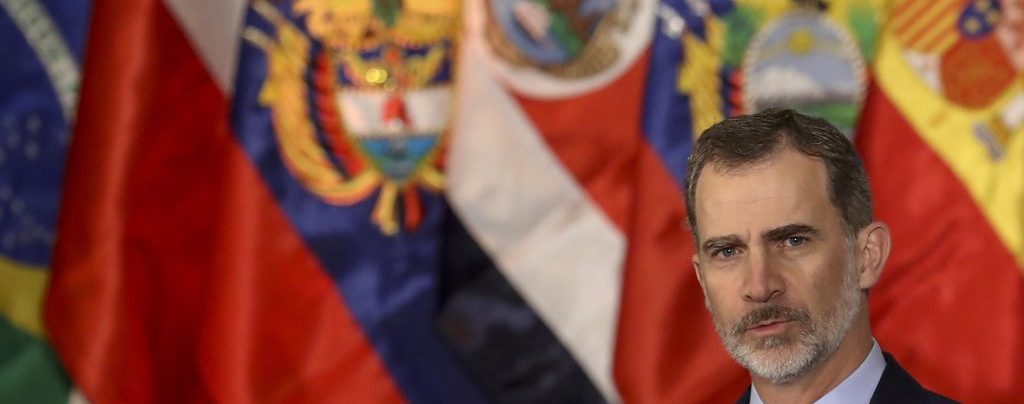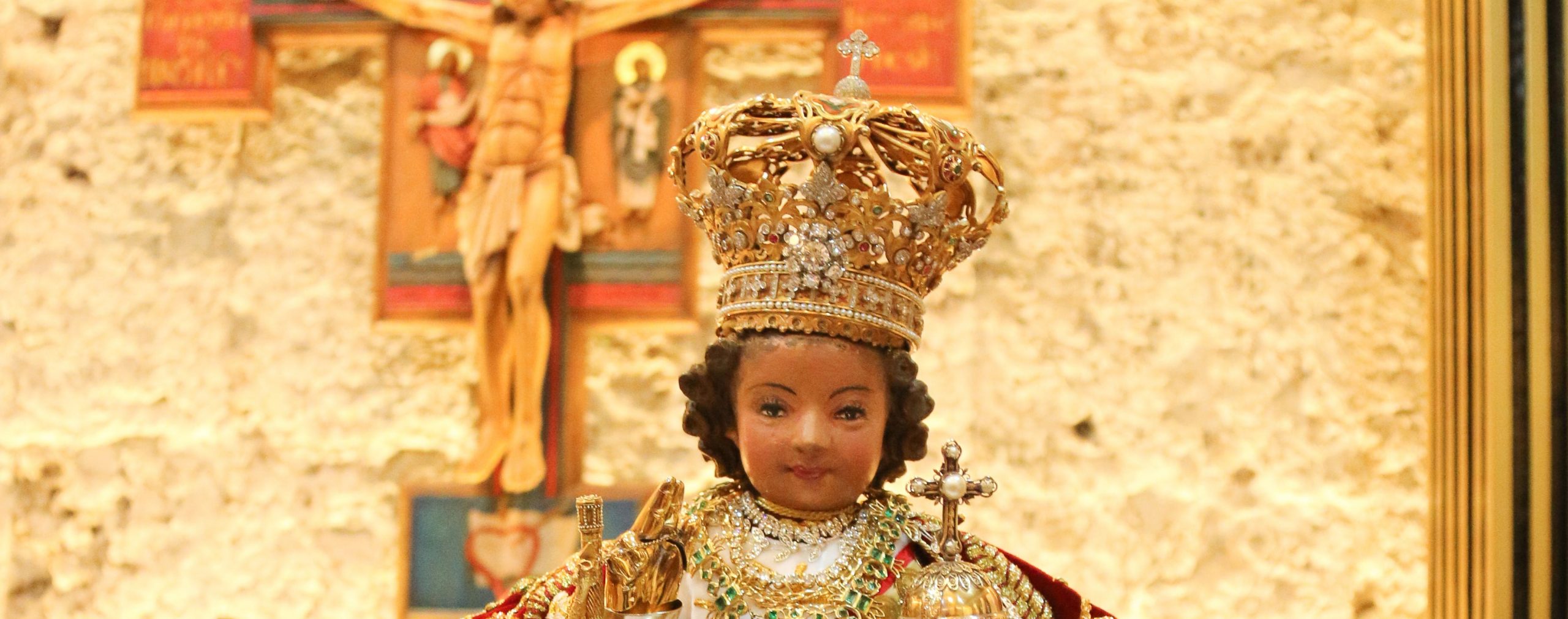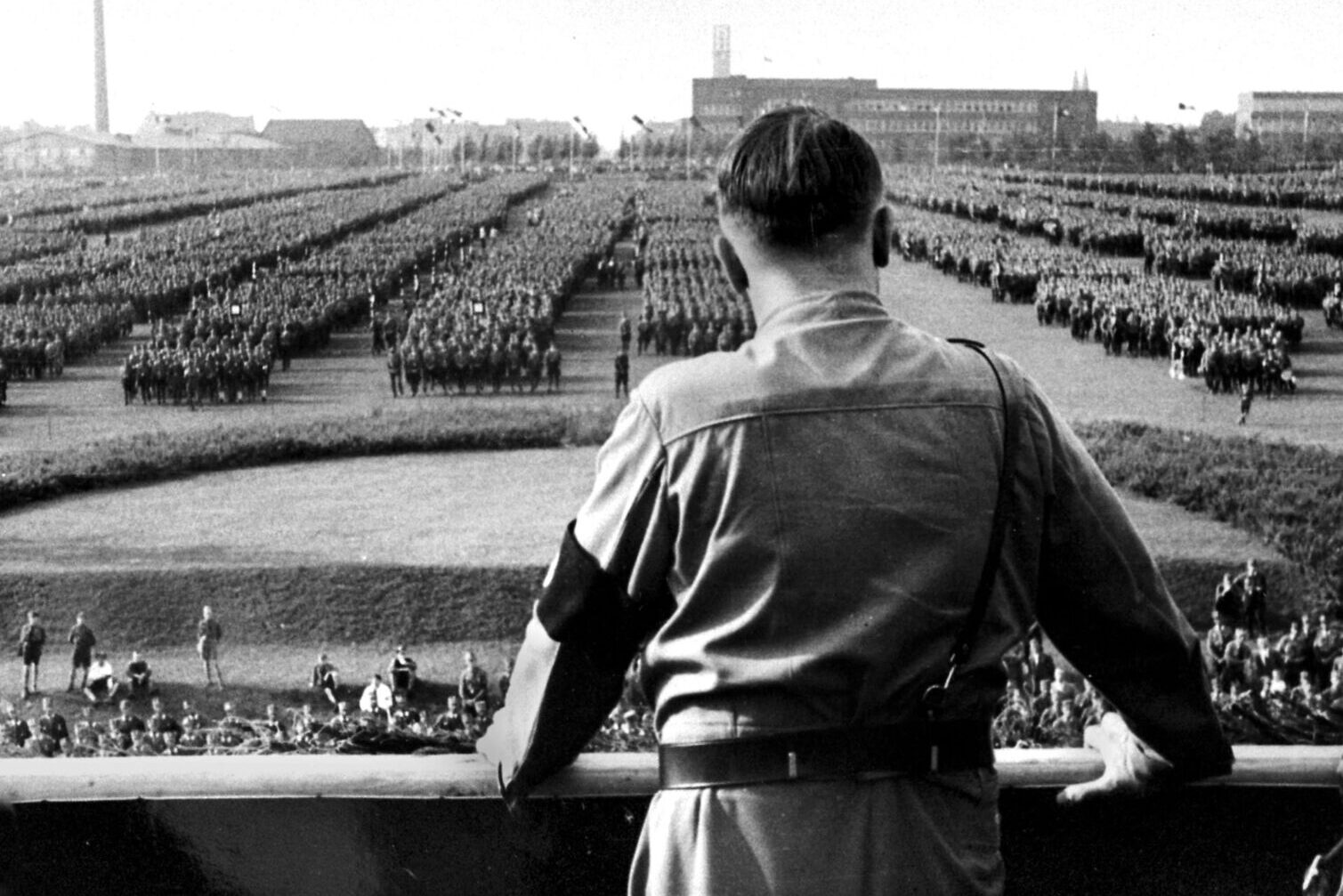The preamble, a reflection of an anti-democratic project
The confusing and repetitive preamble clearly shows the bias that inspires the future law and, moreover, a simplistic and Manichean interpretation of contemporary history that equates totalitarianism with fascism and the latter, falsely, with Francoism. It is silent on communism and other ideologies of the anti-democratic left. This interpretation, which claims to be obligatory, is rooted in the hackneyed and clichéd image of the struggle between the two Spains. There would be a “progressive” one, now the standard-bearer of this new normative, whose attempts to create a more “just, inclusive and united” nation would have been frustrated over the last two centuries by the oppressive intervention of another “reactionary” one. As it is this narrative that underpins the preliminary draft, it is worth dwelling on it before going into its prescriptions.
It is the “memory” what is weighing democracy down with a new mortgage
For the promoters of the new text, the “memory policies” are justified by the civil wars of inter-war Europe, the two world wars and the Holocaust. They are based on a supposed pedagogy of “never again” that aims to prevent the reproduction of such events. Thus, a 2021 law aims to prevent pre-1950 phenomena, but omits more recent ones, such as the communist rule in Eastern Europe and its persistence today in other parts of the world, as well as the fight against it until 1991 and beyond. Not a single reference is made to the impact of the Cold War, encouraged by the Soviet Union and its allies, and its tragic consequences on the African, Asian and American continents. This also belies the drafters’ intention to promote “open, inclusive and pluralistic forms of citizenship”, capable of “detecting and defusing the totalitarian or anti-democratic drifts that are growing in their midst”. It also refutes its intention to condemn “any form of political totalitarianism that jeopardises the effective enjoyment of the rights and freedoms inherent to human dignity”, to “suppress elements of division among citizens” and to be inspired by the democratic values of “harmony”, “coexistence”, “political pluralism”, “defence of human rights”, “culture of peace” and “equality of men and women”9.
If this is the bias that informs the preliminary draft, its purpose with respect to Spain is better understood. It justifies the need for it on the grounds that the time has come to “confront truth and justice about our past”. The new law is a requirement for the “quality of democracy”, which is attributed the task to “close a debt”. It is painful, to say the least, to burden Spanish democracy with historical debts when it was precisely our constitutional system that could and knew how to cancel them by establishing and consolidating freedom for all. In reality, it is “memory” that weighs democracy down with a new mortgage: the existence of political forces, left-wing and nationalist, that not only take pride in their anti-democratic past but also want all Spaniards to assume it as democratic by means of a massive and coercive reprogramming. The text itself insists that Spaniards today have an “inescapable duty” to remember “the people who were persecuted, imprisoned, tortured and even lost their property and even their own lives in defence of democracy and freedom”. These are “the victims of the coup d’état, the Spanish war and Franco’s dictatorship”, which the draft bill associates exclusively with the reprisals of the Republican side and, after 1939, the anti-Franco side.
The text insists on attributing “oblivion” and “silencing” to these “victims” by deliberately concealing the public reparations they have received from the 1970s to the 1990s. The benefits were not only the removal of any penalties or sanctions and the forgetting of any crimes committed before 1977, including blood crimes. They were also material. Benefits, social security contributions and passive assets were recognised, seized assets were returned and compensation was paid for any prejudice related to the war or Francoism. These economic reparations amounted to 21.6 billion euros and benefited 680,000 Spaniards. They were further extended by the 2007 law, which increased subsidies and medical and social care, and established compensation for those who died “in defence of democracy”10. To this were added other moral reparations: the constant tributes in the more than forty years of constitutional Monarchy to eminent figures from the Republican side; and the thousands and thousands of vindictive publications that the issue of the Civil War, the Dictatorship and, specifically, the repression has generated and continues to generate, most of them paid for with public funds. Ironically, the alleged “forgetting” and “silencing” that the draft bill denounces even undermines the policies put in place with Rodríguez Zapatero’s 2007 law, which is still in force.
On the other hand, by establishing 18 July 1936 as the date from which “memorialist” policies apply, the drafters of the bill consciously isolate the war from its origins and turn a deaf ear to José Ortega y Gasset’s injunction to understand what happened during the Second Republic11. The intention is clear and can be seen throughout the preamble: the aim is to establish the uprising as the action of coup plotters against a democracy comparable to that of today, defended by democrats who are also comparable to those of today. Not even taking this caesura seriously and recounting the events from 18 July onwards, it is not possible to sustain such an interpretation. But it is obvious that the account of the war as an essentialist conflict between “coup plotters” (or fascist-Francoists) and “democrats” would have lost any semblance of plausibility if the caesura had begun on 16 February 1936, 4 October 1934 or 14 April 1931. Strictly speaking, none of the majority political forces of the Popular Front, plus the CNT, had ever stopped engaging in coups against the constitutional Monarchy and the Second Republic.
 This selfisness, which could not even disguise what had happened in the Republican zone, is also reflected in the use, in the preamble, of the term “Spanish War” or “War” instead of “Civil War”. With this omission, which attempts to make us forget a war that was “between Spanish citizens”, the drafters conceal the social support that the national side received from the outset and which enabled it first to consolidate its position in one part of Spain and then to win.
This selfisness, which could not even disguise what had happened in the Republican zone, is also reflected in the use, in the preamble, of the term “Spanish War” or “War” instead of “Civil War”. With this omission, which attempts to make us forget a war that was “between Spanish citizens”, the drafters conceal the social support that the national side received from the outset and which enabled it first to consolidate its position in one part of Spain and then to win.
As the drafters cannot ignore the victory of a side that they implicitly describe as a minority of military rebels and fascists or Francoists, they attribute it to the intervention of Nazi Germany and fascist Italy, which is treated as an “aggression” against Spain, and even as “the prologue to the aggressions against other states that were judged and condemned by the Nuremberg Tribunal in 1946”, implying that the leaders of the national side should have received the same treatment.
Democratisation is a cumulative historical process linked to the entire liberal past and to all Spanish constitutionalism.
The preliminary draft thus reinstituted the “Spanish War” as the prologue to the Second World War, a plot twist associated with Juan Negrín’s government’s aspiration to see a European conflict break out to which the Republican side could be associated in order to save it from defeat, an aspiration that was definitively ruined after the Munich Agreements (1938). Of course, the preamble forgets the intervention of another totalitarian power, the Soviet Union, in favour of the Republican side, which also relied on the resources of the Communist International. Nor does it mention another regime that cannot be described as democratic either: the Mexico of General Lázaro Cárdenas and his Party of the Mexican Revolution, the future PRI.

Even more serious, for what it reveals about the purpose of distorting the facts, is the omission of the fact that Stalin’s USSR began the Second World War in alliance with Hitler, with whom it divided up Poland and from whom it obtained acquiescence to annex the three Baltic Republics and take over provinces of Finland and Romania. The preamble also conceals the fact that the communist parties undermined the Allied war effort in their respective countries until June 1941, and that this prompted the French Third Republic to put this movement outside the law. This already made Tzvetan Todorov rightly point out that the participation of Stalin’s representatives in the trial of Hitler’s collaborators at Nuremberg was a “particularly obscene situation since both were guilty of equally heinous crimes”.
This biased reading of the Civil War and the Franco regime as mere by-products of the fascist powers of the Second World War is embedded, as noted at the outset, in a more general reading of contemporary Spanish history. The struggle between “democrats” and those who distance “our country from more inclusive, tolerant processes of equality, social justice and solidarity” is taken back to the early 19th century, with the short-lived texts of 1812, 1869 and 1931 being singled out as precedents for the 1978 Constitution. This is an anachronism, bordering on ineptitude, which ignores the fact that democratisation is a cumulative historical process linked to the entire liberal past and to the whole of Spanish constitutionalism. The preamble thus ignores the contribution of the Constitutions of 1834, 1837, 1845 and 1876 to the consolidation of constitutional monarchy, parliamentary government and civil liberty, which in Spain were the prerequisites for building and consolidating a liberal democracy. The drafters even seem to ignore the fact that universal male suffrage, which enshrined voting as a right and not only as a function requiring capacity, was in force in Spain for more years under the 1876 Constitution than under any other, and that it was in that period that the universal practice of voting was consolidated. Moreover, the processes of constitutionalisation and parliamentarisation of the Monarchy in the 19th century are a precedent for democracy, but not yet for the liberal democracy of 1977-1978. Not even those systems that the drafters of the preamble take as a “democratic” reference.
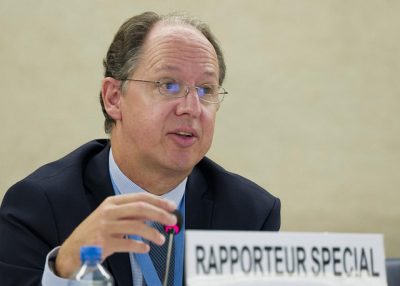 The promoters of the 1812 Constitution could not yet conceive of representative government in democratic terms, and the staunch supporters of the 1869 and 1931 Constitutions conceived of universal suffrage as a mechanism that only served to ratify a previous revolutionary rupture, but not to enable Spaniards to decide, in freedom, who would govern them. In reality, the re-reading of Spanish political history in the 19th and 20th centuries aims to present the Second Republic, identified exclusively with the left, as the last attempt to consolidate an “inclusive, tolerant regime of equality, social justice and solidarity”. This idealisation is at odds with the plurality of its nineteen governments, with the programme of the many parties that governed it and with the reality of a period that has already been extensively studied, which was characterised, with the sole exception of the moderate republicans and the liberal monarchists, by dynamics of exclusion, the legitimisation of violence to occupy power outside the electoral decision, and by a polarisation that explains the broad social support that the opposing sides achieved during the Civil War. In fact, none of the “inclusive and tolerant” forces glorified in the preamble failed to conspire and to take up arms against the Republican regime itself. In fact, of the seven uprisings that took place between December 1930 and July 1936, they were involved in five: the Jaca-Cuatro Vientos uprising (which was actually more extensive and three days ahead of a national uprising), the three anarchist ones, with the collaboration of the PCE, in January 1932, January 1933 and December 1933, and the most famous one in October 1934, which involved, to a greater or lesser extent, all the organisations that would later join the Popular Front.
The promoters of the 1812 Constitution could not yet conceive of representative government in democratic terms, and the staunch supporters of the 1869 and 1931 Constitutions conceived of universal suffrage as a mechanism that only served to ratify a previous revolutionary rupture, but not to enable Spaniards to decide, in freedom, who would govern them. In reality, the re-reading of Spanish political history in the 19th and 20th centuries aims to present the Second Republic, identified exclusively with the left, as the last attempt to consolidate an “inclusive, tolerant regime of equality, social justice and solidarity”. This idealisation is at odds with the plurality of its nineteen governments, with the programme of the many parties that governed it and with the reality of a period that has already been extensively studied, which was characterised, with the sole exception of the moderate republicans and the liberal monarchists, by dynamics of exclusion, the legitimisation of violence to occupy power outside the electoral decision, and by a polarisation that explains the broad social support that the opposing sides achieved during the Civil War. In fact, none of the “inclusive and tolerant” forces glorified in the preamble failed to conspire and to take up arms against the Republican regime itself. In fact, of the seven uprisings that took place between December 1930 and July 1936, they were involved in five: the Jaca-Cuatro Vientos uprising (which was actually more extensive and three days ahead of a national uprising), the three anarchist ones, with the collaboration of the PCE, in January 1932, January 1933 and December 1933, and the most famous one in October 1934, which involved, to a greater or lesser extent, all the organisations that would later join the Popular Front.
These reports “prefabricate” requests for “reparations” to the “victims of Francoism” based on the Manichean narratives of “democrats” and “fascists”
Apart from these considerations, the drafters of the preamble justified the need for a new law of “memory” on the basis of supposed external requirements, requirements in reality managed from Spain through foreigners politically sympathetic to the government. One was articulated through the Parliamentary Committee of the Council of Europe, which in 2006 promoted an international condemnation of the “grave human rights violations committed in Spain by the Franco regime between 1939 and 1975”. Another through the reports of a UN rapporteur, the Colombian Pablo de Greiff, in 2014. The second one sought for Spain to adopt the Spanish-American model of “Truth, Justice, Reparation and Guarantees of Non-Repetition”, which has enshrined coercive amnesia policies in countries such as Argentina and Chile, limiting scientific knowledge of the conflictive 1960s, 1970s and 1980s. In reality, de Greiff’s recommendations did nothing more than gather, as the preamble itself reveals, “the opinion and claims of victims’ associations and other relevant social and political actors in the country”13. Sánchez’s government used these as a shield to justify the creation of a specific department for “Democratic Memory”, a Directorate-General that was later promoted to Secretary of State in the coalition government with Podemos. He also relied on international recommendations to commemorate the Republican exile, which “memorialists” put at half a million people without discounting the immediate returns in the last months of the war and the first months of the post-war period. The high point, however, was the exhumation of the remains of the “dictator Francisco Franco” from the Valley of the Fallen. “Endorsed by the three constitutional powers”, the draft bill describes it as a “highly symbolic historical milestone and a break with Franco’s past”, an “act of justice and dignity for the victims of Franco’s regime” and a “triumph of our democracy”14.
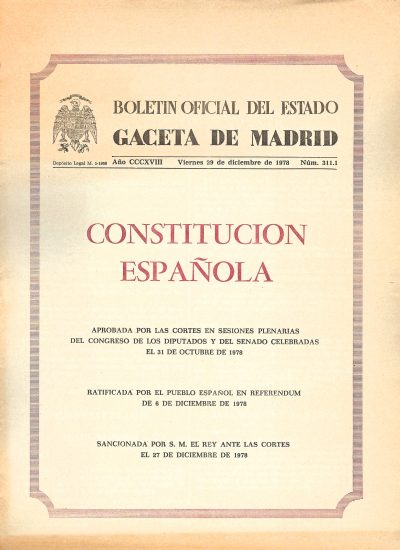
Front page of the BOE where the Spanish Constitution of 1978 was published: Friday 29 December 1978.
Precisely because they are often used as a mechanism to legitimise legislation on “memory”, it is worth pausing for a moment to consider the supposed “international requirements”. That of the Council of Europe was once used by the Zapatero government to justify its 2007 law on the demand of this prestigious body, which oversees civil rights on the continent. It was articulated through a paper by a Maltese politician, Labourist Leo Brincat, who relied on a non-plural commission of three British historians: Paul Preston, Helen Graham and David W. Pike. In other words, Brincat’s lack of knowledge of the facts that he was about to report, an eventuality that was repeated with Pablo de Greiff, and his membership of the same international as the PSOE, explains why the report was left in the hands of historians in favour of “memory”. In the absence of plural and contradictory procedure, these reports are limited to “prefabricating” supposed requests for “reparation” for the “victims of Franco’s regime”, which are always based on the Manichean accounts of “democrats” and “fascists” already described, and even on large and unfounded figures of those affected by the repression of the nationalists and then the Francoists, which serve to classify it as a crime against humanity. A significant example is the Brincat report’s estimate of 190,000 dead from reprisals in the post-war period. This figure is based exclusively on an alleged statement by an unidentified person, without indicating the source and without contrasting it with the counts of reprisals partially carried out by historians. Point 64 of the report states that:
The account of “victims” and “executioners” that Brincat presented to the Council of Europe omitted, of course, the serious violations of civil rights in the Republican zone during the Civil War, did not go into an assessment of what had happened previously in the Republican quinquennium and the fact, already referred to, that the July 1936 pronunciamiento (uprising) was not the first but the seventh of the coups that had taken place since December 1930. Nor are there any references to the victims of the maquis and the anti-Franco urban guerrillas in the 1940s and 1950s, or to those of the various terrorist groups of a totalitarian nature that appeared in the 1960s and 1970s, which not only sought to overthrow an already depreciated Francoism after ensuring the restoration of the Monarchy on Franco’s death but above all to frustrate the process of transition to democracy in order to establish new forms of dictatorship. Not even these international reports state that a substantial part of these acts of violence remain unclarified, remained unpunished or were amnestied. The 1977 law served to apply a clean slate to the terrorist crimes of the late Francoist period and the Transition.
On this basis, the preamble to the draft bill can afford to distort the facts, establish a one-sided narrative of “violence and terror imposed by the Franco regime” on “people who defended the Second Republic”, and explicitly ignore the fact that there were Republicans on the national side. It is now historiographical convention that the July 1936 uprising was against the government supported by the Popular Front parliamentary coalition and not against the Republic as a regime. Many of those who aligned themselves with the national side had defended that same Republic during the insurrection of October 1934 or the three anarchist uprisings, as opposed to those who now lined up on the “Republican side”.
The preamble blames Francoism for imposing on Spaniards a “narrative” or a “totalitarian memory”. It ignores the fact that all scientific evidence rules out that Franco’s dictatorship acquired such a totalitarian character. Worse still, it defines “totalitarian memory” as remembering the people executed in the Republican zone, as if they had all been supporters of totalitarianism and as if their political significance had not been plural and encompassed all the political tendencies of the centre and the right, republicanism and monarchism. The preamble hides the fact that the democrats were divided into at least two groups, to the extent that not even the so-called intellectual fathers of the Second Republic (José Ortega y Gasset, Gregorio Marañón and Ramón Pérez de Ayala) came to identify with the Republican side in the Civil War, with which they did not align themselves.
In 1944, a spokesman for Franco’s Ministry of Justice acknowledged that more than 190,000 detainees had been executed or had died in prison. The mass graves testify in the most terrible way to the means used by Franco to impose his power15
In contrast to the “totalitarian memory” of Francoism, the drafters of the draft argue that “democratic memory” was kept alive “by the Republican exiles”, “Spanish anti-fascist fighters”, “clandestine political and artistic circles”, “trade union and student struggles against the dictatorship”, the “citizens’ movement” and “feminist associations”. It omits the fact that the overwhelming majority of these movements were linked, during Franco’s regime, to parties and organisations that defended authoritarian and even totalitarian systems such as communism, which from 1945 onwards became the greatest threat to democracy16. The text consecrates as standard-bearers of the “democratic memory” not only the surviving organisations of the Popular Front, including the socialists, communists, anarchists, with their respective urban and rural guerrillas but also the terrorist groups that advocated the overthrow of Francoism in order to establish their own dictatorship: ETA, GRAPO, FRAP and other violent separatist organisations. The drafters fraudulently equate anti-Francoism and democracy, as if they were synonymous and as if it were not possible to defend a totalitarian or authoritarian regime outside Francoism. The preamble describes their actions as “acts of democratic resistance carried out by those who fell victim to its repression”. The Republican and later anti-Francoist leaders and groups are presented as the “individual figures and collective movements who, with great sacrifices, progressively built the links of democratic culture that made it possible to reach the agreements of the 1978 Constitution, and the current Social and Democratic Rule of Law to defend the rights of Spaniards, their nationalities and regions”17.
This last mention is pertinent because if the draft arbitrarily establishes 18 July 1936 as the beginning of the destruction of democracy in Spain, it takes the end of Francoism to 6 December 1978. Therefore, the period from 20 November 1975 to the day the Constitution was approved by referendum is assimilated to the Dictatorship, that is, that part of the history of the Monarchy of Don Juan Carlos I in which the first democratising reforms were developed, both with the governments of Carlos Arias Navarro and Adolfo Suárez, culminating in the Political Reform Act. This provisional democratic Constitution allowed the first free elections in June 1977 and the election of the Cortes (Parliament), which approved a definitive Constitution under a government of the Union of the Democratic Centre. In this period, therefore, Francoism no longer existed, there were legal guarantees for the exercise of freedoms, and neither the King nor his governments exercised any absolute and arbitrary power. Far from it, they set in motion a process that involved the rapid return of the legislative chambers of the constitutional Monarchy, the Congress of Deputies and the Senate, elected by universal suffrage.
The preliminary draft, however, reinterprets that agreed transition as an assumption of the legacy of “the anti-fascist struggle in Europe”, baselessly equating late Francoism with German Nazism and Italian fascism, and its self-dissolution with the overthrow of the latter by war. The lack of mention of reconciliation, of the pact between the political descendants of the two sides in the Civil War and their internal plurality, is complemented by ignorance of the Spanish Transition’s insertion into the third wave of democratisation that allowed Spain to fully integrate into the international organisations of the free world during the Cold War, which at the time was in opposition to communist totalitarianism.
The text enshrines the surviving organisations of the Popular Front as the standard-bearers of “democratic memory”
In relation to these self-induced amnesias, the draft bill justifies its turn of the screw on the “memorialist” imposition by stating that this task of “democratic restoration” was interrupted by the PP in 2011. According to its drafters, it was the PP that paralysed the “reparatory effort in favour of those who committed their lives and freedom in the struggle for democracy and liberties”, so that “the memorialist movement” was left with “a lack of means and institutional orphanage”, which could only be counteracted by the support of several autonomous communities. The future law will not only serve to make up for the lost time but also to ensure that changes of government do not again decisively affect its implementation.
Notes
- Anteproyecto de Ley de Memoria Democrática, pp. 8-9.
- Carlos García de Andoin, “Políticas de Memoria y Justicia anamnética”, Cuadernos de Nueva Revista, pp. 51-52.
- Chaosé Ortega y Gasset, La rebelión de las masas, p. 273.
- Tzvetan Todorov, The Abuses of Memory, p. 36.
- Anteproyecto de Ley de Memoria Democrática, p. 8.
- Idem, p. 8.
- Condemnation by the Parliamentary Assembly of the Council of Europe of the Franco dictatorship of 17 March 2006, point 64.
- Anteproyecto de Ley de Memoria Democrática, p. 4.
- Idem, p. 3.
On This Day
- 1527 Felipe II is born in Valladolid.
Recommended for you

